Brain Care: Applying the Neuroscience of Well-Being to Help Clients – Linda Graham
Even as we look to the latest brain research for techniques to apply in our therapeutic work, we too often neglect the damaging impacts of stress, poor lifestyle choices, and overstimulation from digital devices on our brains and bodies. In this recording, you’ll learn empirically-validated techniques to calm your client’s nervous system, help your client come to clarity in decision-making, heal toxic shame, and cultivate your client’s courage to take growth-enhancing risks.
- Implement lifestyle choices that protect the physical brain as our clients age, and extend the “health span” portion of our lifespan
- Apply the tools of self-directed neuroplasticity in therapy that help reverse the impact of stress and trauma on emotional regulation, learning and memory, and empathy
- Engage clients with practices such as guided visualizations and process journaling that can enhance the higher brain’s capacity for response flexibility, discernment, planning, creativity, and imagination
- Apply interventions that help prevent/reverse addiction to digital technology and recover capacities for focused attention and concentration, relational intimacy, introspection, and self-reflection
- Employ valuable resources in the latest findings about the brain and the mind-body connection
- Brain structure, overlapping areas of physical pain, emotional pain and temperature
- Modalities impacting brain structure
Multiple approaches, experiences change the brain
Consciousness remains unexplained
Mindfulness, compassion
- Burnout and compassion fatigue
- Macro and micro approaches to self-care
- The impact of exercise on brain chemistry and development
Telomeres, longevity, types of movement
- The impact of sleep and rest on brain chemistry and development
Cognitive impairment, depression
Sleep improvement strategies
Brief restorative strategies
- Nutrition supports for brain function
MIND diet
Neurotoxins
Impact of obesity
- The role of play in sustaining healthy brain function
- Social relationships and well being
- The four intelligences of well being
- Body based tools for healing trauma
Reactivity and healing
Emotional regulation
- Priming the neuroplasticity of the brain
- Relational intelligence
- Mindful awareness
Modifying perceptions and reactions
- Exercise: Increasing somatic intelligence
- Exercises: Breath, posture and movement
- Positive psychology and neuroscience research
Contraction and reactivity
Resilience and health
Ability to shift perspective
Mindful self-compassion and acceptance
- Exercise: Hand movement, mindfulness and emotion
- Exercise: Visualization and self-compassion
- Exercise: Moments of kindness
- Exercise: Guided visualization toward self-acceptance
- Exercise: Playing Parts and self-integration
- Exercise: Integrating the inner critic
Get Instant Access Brain Care: Applying the Neuroscience of Well-Being to Help Clients – Linda Graham at Offimc.click Now!
Sale page_https://catalog.pesi.com/item/34729/
Archive: https://archive.fo/J9Qz1
Delivery Information
- Upon ordering the product, a delivery email with download instructions will be sent immediately to you so that you may download your files. If you log in (or create an account) prior to purchase you will also be able to access your downloads from your account dashboard.
- It is a digital download, so please download the order items and save them to your hard drive. In case the link is broken for any reason, please contact us and we will resend the new download link to you.
- If you don't receive the download link, please don’t worry about that. We will update and notify you as soon as possible from 8:00 AM – 8:00 PM (UTC+8).
- Please Contact Us if there are any further questions or concerns you may have. We are always happy to assist!



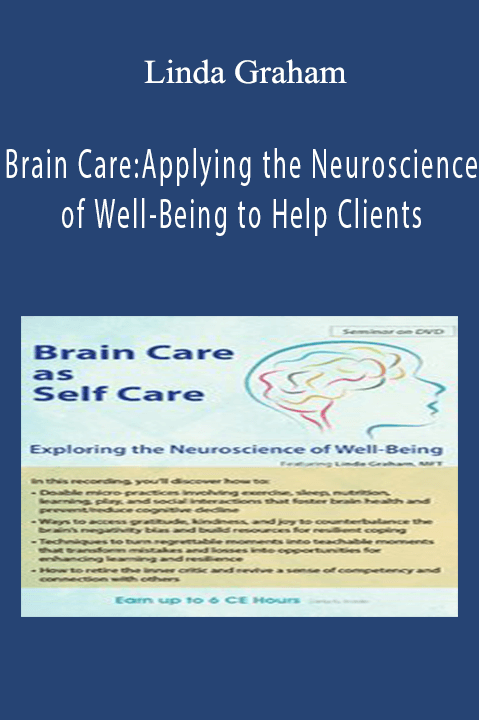



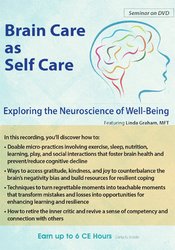
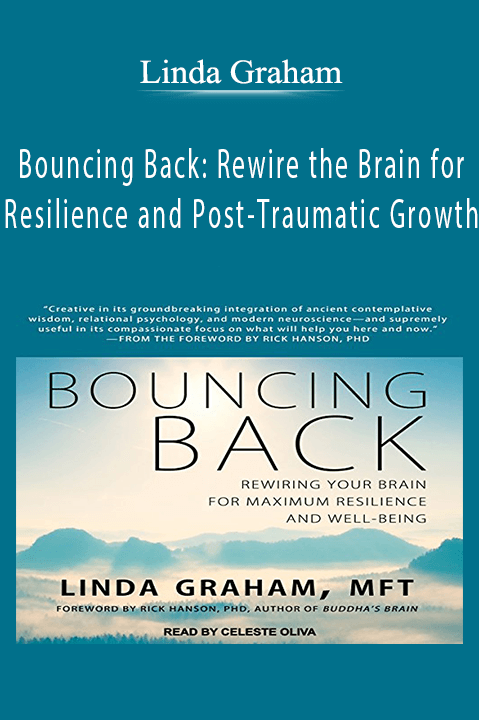
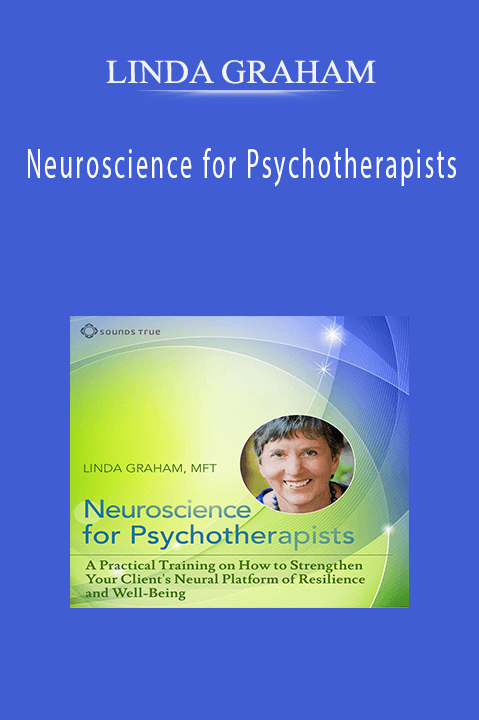
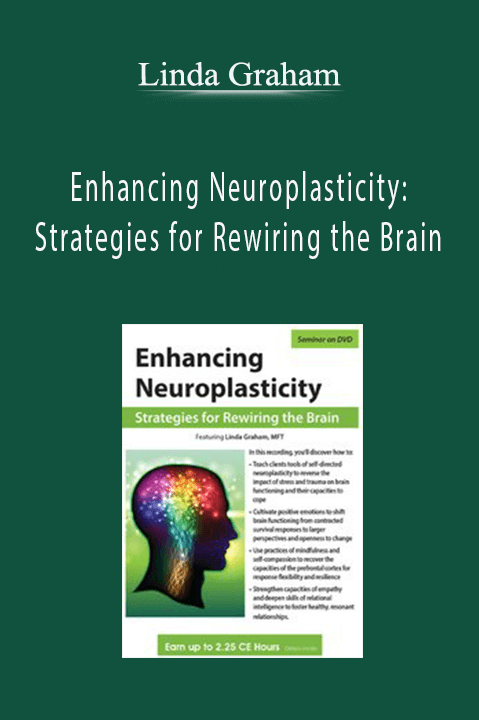
9 reviews for Linda Graham – Brain Care: Applying the Neuroscience of Well–Being to Help Clients
There are no reviews yet.